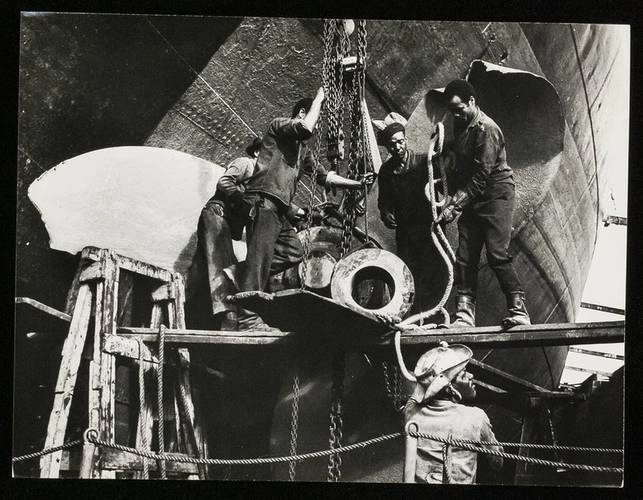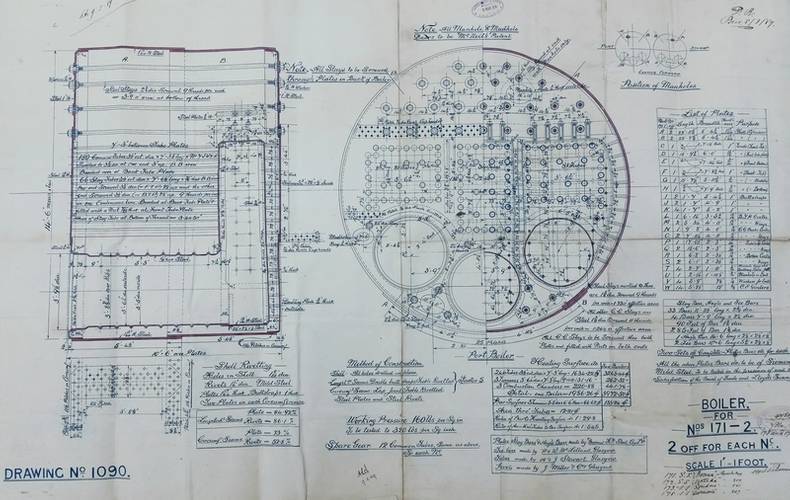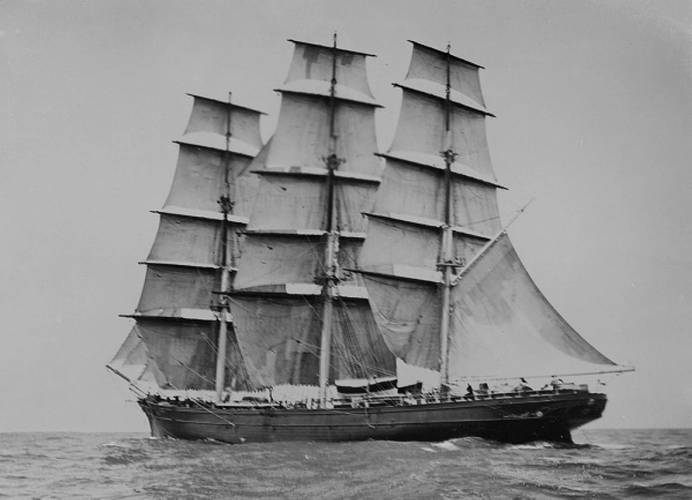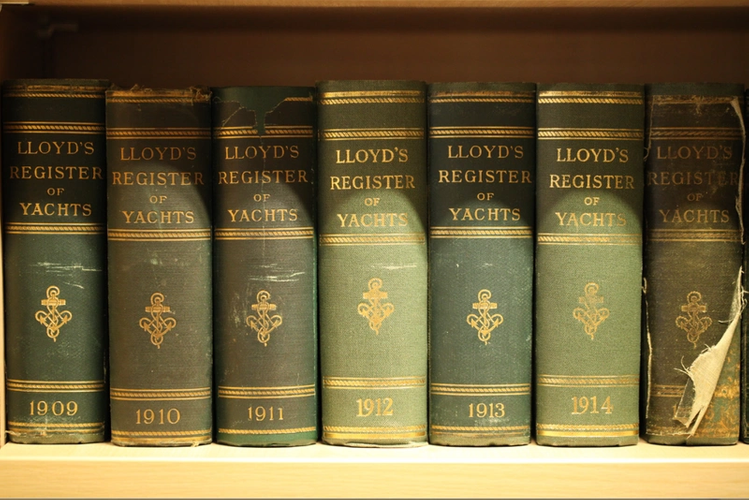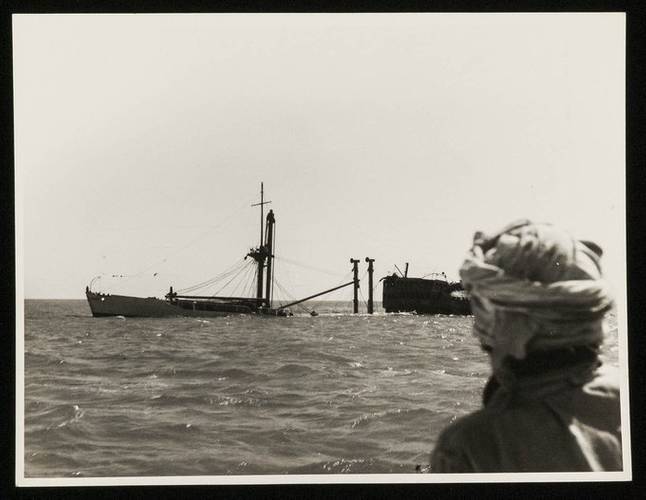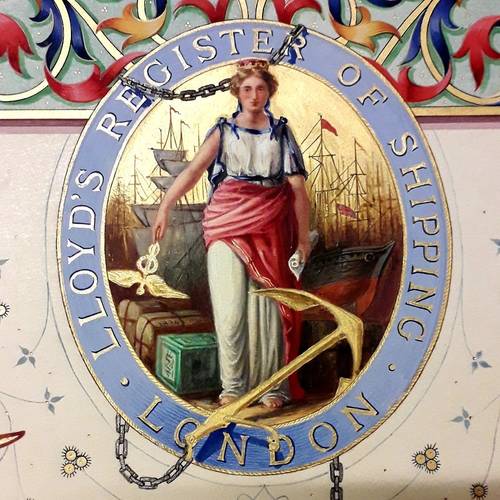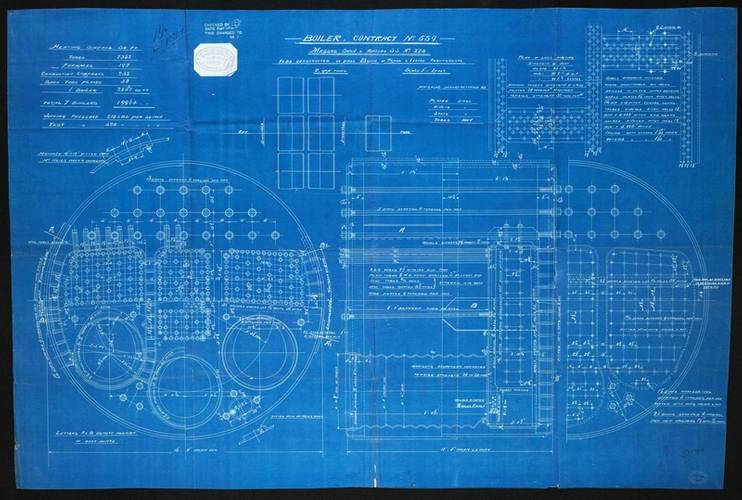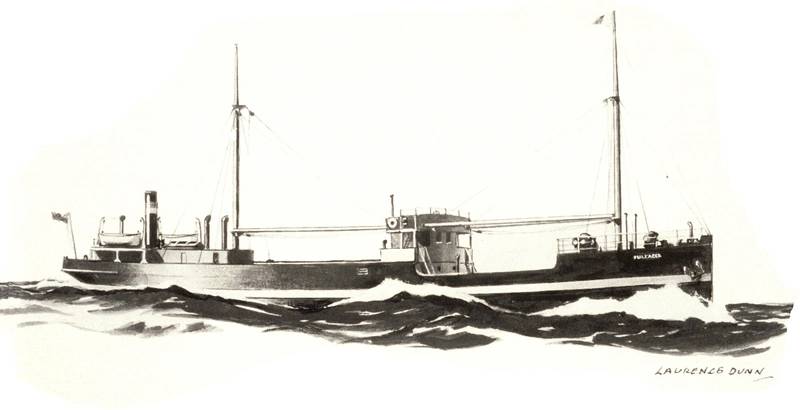Lloyd’s Register Foundation Seeks Donations to Expand Historic Maritime Collection
The Lloyd’s Register Foundation’s Heritage and Education Centre (HEC) is calling on businesses and individuals to donate maritime archival materials and artifacts, as it prepares to make its extensive maritime collection publicly accessible.
In 2023, the HEC completed a major digitization project that preserved and catalogued over 1.15 million records in its historic Ship Plan and Survey Report Collection. These records, spanning from the 1830s to the 1970s, detail the design, construction, and maintenance of ships classified by Lloyd’s Register, a leader in marine and offshore compliance services.
The collection includes notable vessels such as the Carpathia, which famously rescued Titanic survivors, and the Cutty Sark, a renowned tea clipper now displayed in Greenwich, London. It also tracks significant milestones in maritime history, including the shift from steam to motor vessels and innovations like the Diesel engine-equipped Vulcanus and the Fullagar, the first ship with a welded hull. Additionally, wreck data, correspondence, photographs, and certificates have been digitized.
Now that the digitization project is complete, the HEC is inviting contributions from the public and businesses. The organization is particularly interested in materials related to maritime technology, engineering, safety, and any Lloyd’s Register-related items.
Donations should adhere to the following criteria:
- Records and/or objects related to prominent, influential, or noteworthy individuals employed by or otherwise related to the work or social life of Lloyd’s Register.
- Material related to ship and yacht building from the 18th century onwards.
- Records and/or objects relating to items featured as a part of the First and Famous collection.
- Milestone events in the history, people, and business streams (marine, offshore, food etc…) of Lloyd’s Register.
- Material related to the development of safety at sea.
- Depiction of marine technology/safety equipment in art.
Senior Archivist for the center, Max Wilson, said, “We find that private or business collections are typically most at risk as archives are often thrown away to make room for other documentation. But this material is vital for learning from the past and improving maritime safety for the future.
“If there are any businesses, organizations or individuals personally that have maritime archives, of any kind, we would be more than happy to take a look. Archiving this kind of material preserves it for future generations and makes maritime history accessible to everybody.”
The HEC aims to enrich its archives with new donations to offer a comprehensive view of maritime safety history. Later this year, the HEC will launch a new online Collection Management System, providing structured access to Lloyd’s Register’s extensive archive and library collections, including private donations. This system will make previously inaccessible historical material available to the public.
In spring next year, the HEC will open its newly created reading rooms at Lloyd’s Register’s historic offices at 71 Fenchurch Street in London. This move marks a significant return of archives and library collections to the City of London, where they will be accessible to the general public for research and consultation.
For more information or to donate materials, contact the HEC team via email at [email protected] or visit hec.lrfoundation.org.uk/about-us/contact-us.
The HEC, as part of the Lloyd’s Register Foundation, is dedicated to enhancing maritime safety understanding and promoting ocean stewardship through its rich repository of over 260 years of maritime history and technical expertise. The online collection is freely accessible through the Lloyd’s Register Foundation Heritage and Education Centre’s website.











